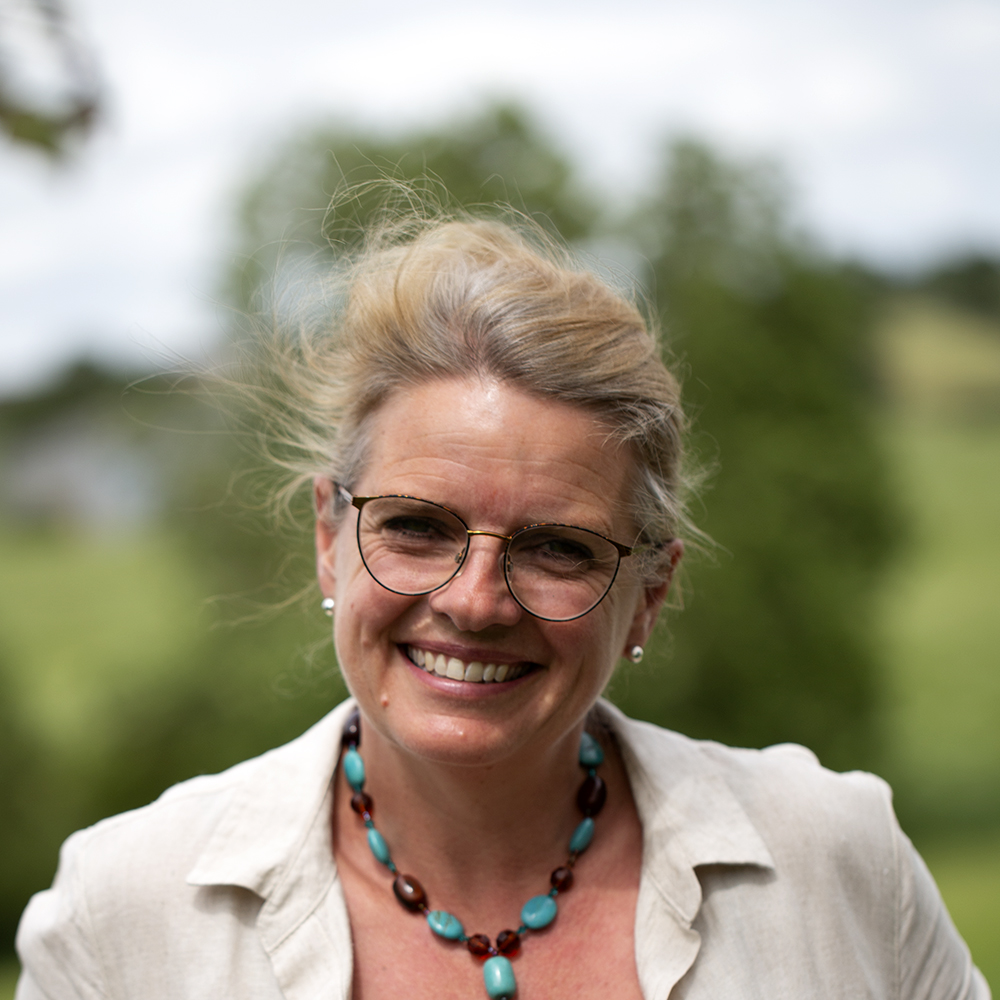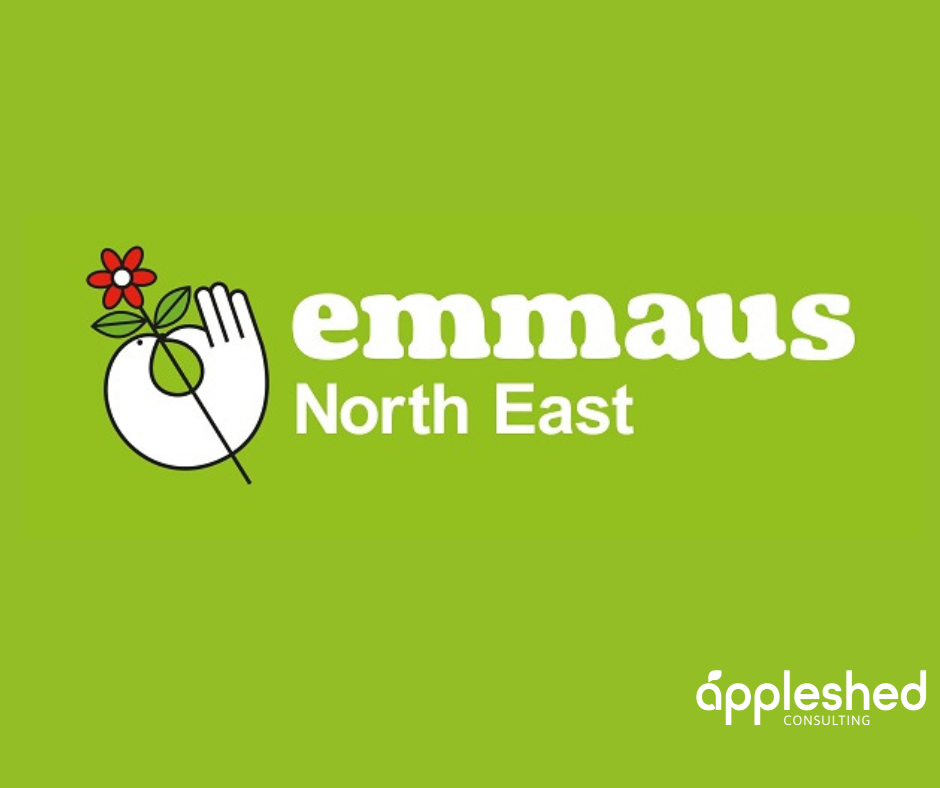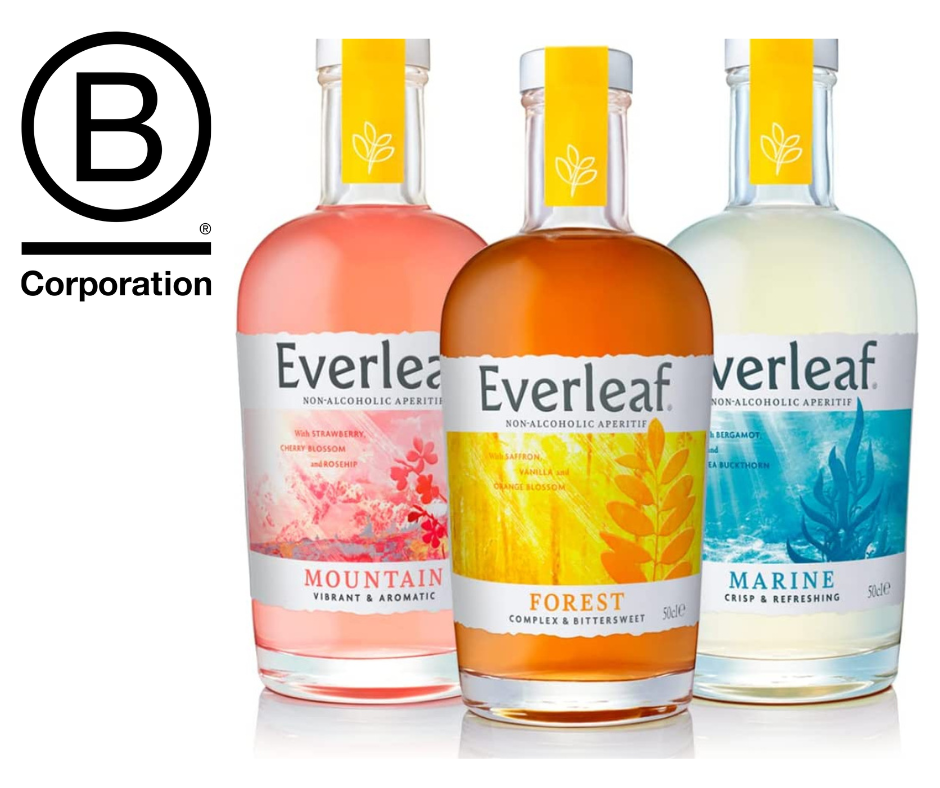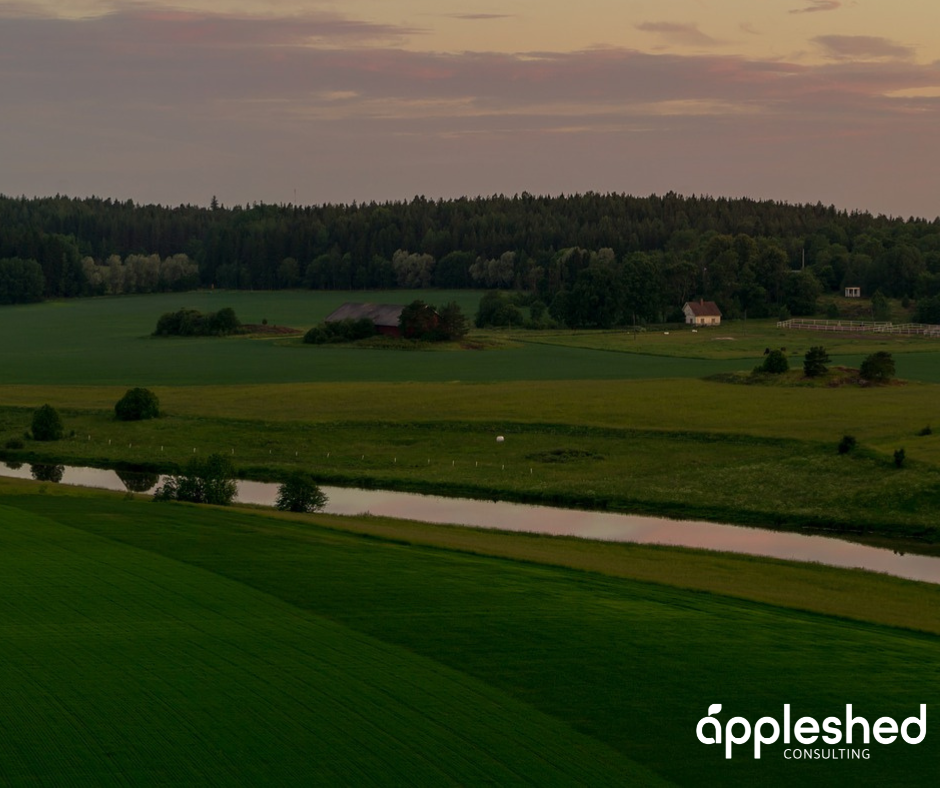The events industry post COVID is grappling with much when it comes to environmental and social impact. The move to online events over the pandemic definitely helped lower carbon footprints, however when people are not meeting face to face, collaborating in person and building their networks, do we know what the social cost is? Add into this the complexity of who owns the carbon footprint of an event you organise for a client (technically it’s the clients, and possibly partly your Scope 3), where do you start when you want to lead by example in this space?
Challenge
When we first met, BeaconHouse Events were already proactive in their accountability for the impact of their business and their events. They had carried out a carbon footprint of their own organisation with PlanetMark, were working with a new events specific Software called “Trace” from Isla to trace carbon for each event and were making procurement decisions that changed the way they hosted and planned events.
The challenge was to work on bringing this into their own Sustainability Strategy which was integrated with the overall organisational goals.
Process
Initially, we brought the team together for a morning to explain and understand what sustainability and ESG are, what the global pressures are around them, how carbon emissions are both a helpful and unhelpful discussion point and how we might link our own efforts to global ones, such as the UN SDG’s or BCorp accreditation.
A second workshop was booked to bring the concepts to life as we applied them to the ideas and challenges BeaconHouse faces. Further time was spent splitting impact between BeaconHouse the organisation itself and BeaconHouse’s service – client events.
We developed a bespoke framework covering these internal and client service impacts across environment, society, governance and financial resilience. This complimented their overall organisational strategy and gave rise to the beginnings of an action plan to make sure the steps were taken to make it all happen.
The desire to be a leader in the Events space around sustainability resulted in much discussion on the roles of education & collaboration in the industry, leading the way by example and how you influence mindset of employees, clients and delegates.
Conclusion
Whilst the core deliverables were a sustainability strategy with key actions identified, the delight for me has been the ongoing news and team enthusiasm coming from BeaconHouse in how they are innovating both in large and small ways. Changing menu choices to vegan and vegetarian at a conference and asking delegates to “tick if you desire meat” resulted in a 90% reduction in the food carbon footprint, a clever example of Nudge Theory. There has also been consideration as to how they may have conversations with clients, explaining what their event carbon footprint is and what helps reduce it. A possibility of creating a BeaconHouse ethical offset for clients to start their own accountability and transparency journey is also regular coffee room chat.
“Katrina has provided the most valuable public funded support our business has ever received in our 9 years. Her knowledge, expertise and guidance on sustainability and all things ESG related is second to none and her practical support to help us make progress has been invaluable. Thank you!!”
Sarah Thackray, Director, BeaconHouse Events
With a little thought and a dose of creativity, there are so many ways business owners can lead by example and make plans for their own environmental and social impact.
NB: The business support was provided through an ERDF funded project on Catalysing Innovation in SME’s in England’s North East run by Innovation SuperNetwork.





